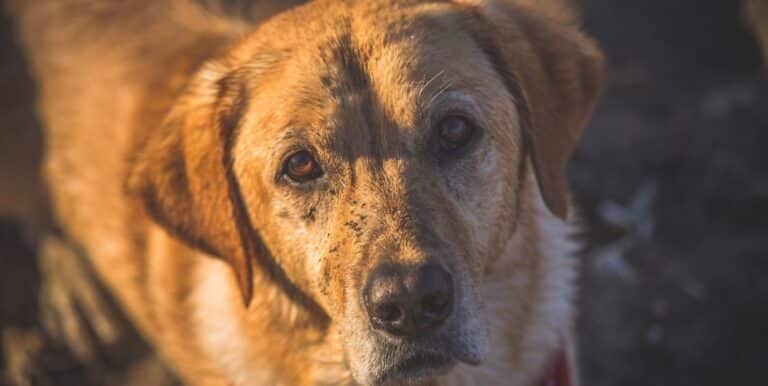What Are the Best Tips for Dog Skin Care?

The best tip for addressing dog skin care is to determine what is causing the skin problem. Diet, genetics, allergies, and the environment are typical causes. Prevention is the best way to keep a dog’s skin healthy, but once a condition occurs, remedies such as lotions and creams are usually beneficial. Good grooming can often keep a dog from developing problems with its skin.
Perhaps the most important tip for dog skin care is to provide a dog with a healthy diet. As dogs do not naturally create the omega fatty acids that keep coats and skin vibrant, supplements are typically added to their food. These nutrients may include biotin, essential fatty acids such as fish oil, and antioxidants.
Owners often find their dogs scratching or biting at their flanks, front feet, or other areas of the body. An allergy to flea bites or specific dog food ingredients may be causing these problems. Determining the cause of the allergy is usually the first step to creating a dog skin care treatment plan.

An allergy to flea bites usually presents as skin irritation, lesions, and hives around the hips, tail, belly, and ears, but the dog can be affected all over the body. The best tip for dog skin care in this case is eradicating fleas from the dog’s environment and treating the dog so it does not scratch, lick, and bite at the irritated skin, which may lead to infection.
Many dogs are allergic to grains, proteins, or additives in commercial dog foods. This often causes itching, hair loss, and a dry, dull coat. Providing your dog with a high-quality, grain-free dog food often solves a stubborn dog skin care problem.
Exposure to the sun can sometimes require the use of a dog skin care products such as sunscreen. Most dogs have adequate hair to prevent sunburn, but some breeds that have pink or pale noses, exposed belly skin, or are hairless often require the use of sunscreen. Dogs that eat from plastic dishes can develop a form of dermatitis that causes their noses to become pale, creating a higher risk for sun damage.

Lotions specifically designed for dogs are generally recommended to prevent sunburn, although sunscreens designed for babies and young children can usually be substituted. The most important tip for finding a sunscreen for dogs is to make sure the treatment is non-toxic as dogs often attempt to lick foreign substances from their skin.
Good grooming practices, such as brushing the fur before and after bathing and using warm water and gentle shampoos, can keep a dog’s skin and coat healthy. Applying after-bath products that contain oatmeal or glycerin is often useful. A good tip for proper coat and skin care is to brush your dog often and bathe infrequently. Brushing stimulates the oils that keep a dog’s skin and coat healthy, while over-bathing, especially with harsh shampoos, usually robs the skin of essential oils.






